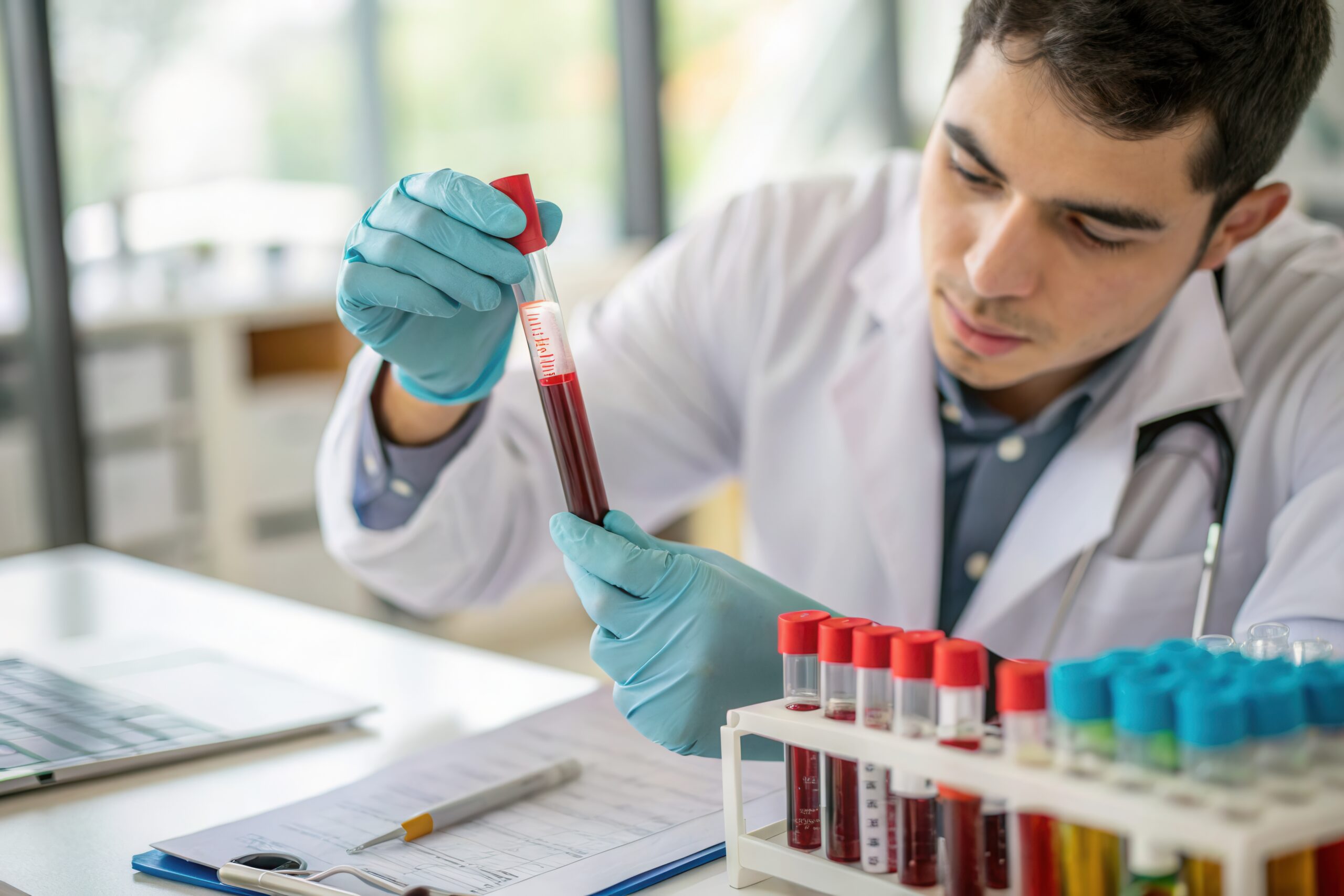What Is a Rheumatic Panel?
A rheumatic panel is a group of blood tests. Doctors use it to check for signs of rheumatic diseases. These diseases often affect your joints, muscles, or immune system. For example, conditions like rheumatoid arthritis or lupus can be found with this test. The rheumatic panel helps doctors look for certain proteins or markers in your blood. These markers can show if your body’s immune system is attacking itself. This process is called autoimmune screening.
Why Is a Rheumatic Panel Ordered?
Doctors may order a rheumatic panel if you have symptoms like joint pain, swelling, or stiffness. Sometimes, you may also have unexplained fevers, rashes, or tiredness. Because these symptoms can be caused by many things, the rheumatic panel helps narrow down the cause. In addition, it can help with early rheumatic diseases diagnosis. Your doctor may also use this test to check how well your treatment is working.
How Is the Rheumatic Panel Test Performed?
The rheumatic panel blood test is simple and quick. First, a healthcare worker will clean your arm. Next, they will use a small needle to take a blood sample from a vein. The process usually takes only a few minutes. Afterward, your blood is sent to a lab for testing. Most people feel only a small pinch during the test. However, some may feel mild soreness or see a small bruise.
What Do the Results Mean?
Once your rheumatic panel results are ready, your doctor will review them. The test looks for certain markers, such as:
High or abnormal levels may suggest a rheumatic disease. However, not everyone with abnormal results has a disease. Sometimes, healthy people can have these markers too. Therefore, your doctor will look at your symptoms, your medical history, and your test results together. This helps them make the right diagnosis.
Common Conditions Detected by a Rheumatic Panel
The rheumatic panel can help find several conditions, including:
Because these diseases can look alike, the rheumatic panel helps doctors tell them apart. Early detection can lead to better treatment and improved quality of life.
Preparing for the Test: What You Need to Know
Most people do not need to do anything special before a rheumatic panel test. However, your doctor may ask you to avoid certain medicines before the test. Always tell your doctor about any drugs or supplements you take. If you are unsure, ask if you need to fast or stop any medicines. After the test, you can usually return to your normal activities right away.
Frequently Asked Questions About Rheumatic Panels
When to Consult a Doctor
If you have joint pain, swelling, or other lasting symptoms, talk to your doctor. Early testing can help find problems sooner. In addition, if you have a family history of rheumatic diseases, ask your doctor if you need screening. Remember, only a healthcare specialist can give you the right advice based on your needs.
Consult a healthcare specialist for personalized advice about rheumatic panel testing.

